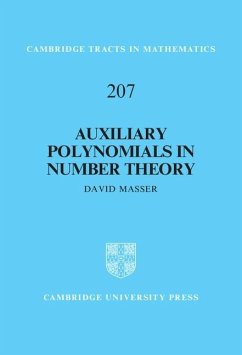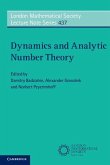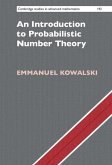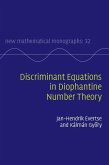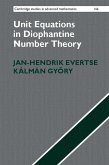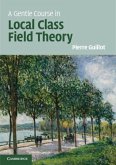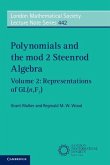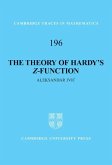This unified account of various aspects of a powerful classical method, easy to understand in its simplest forms, is illustrated by applications in several areas of number theory. As well as including diophantine approximation and transcendence, which were mainly responsible for its invention, the author places the method in a broader context by exploring its application in other areas, such as exponential sums and counting problems in both finite fields and the field of rationals. Throughout the book, the method is explained in a 'molecular' fashion, where key ideas are introduced independently. Each application is the most elementary significant example of its kind and appears with detailed references to subsequent developments, making it accessible to advanced undergraduates as well as postgraduate students in number theory or related areas. It provides over 700 exercises both guiding and challenging, while the broad array of applications should interest professionals in fields from number theory to algebraic geometry.
Dieser Download kann aus rechtlichen Gründen nur mit Rechnungsadresse in A, B, BG, CY, CZ, D, DK, EW, E, FIN, F, GR, HR, H, IRL, I, LT, L, LR, M, NL, PL, P, R, S, SLO, SK ausgeliefert werden.

